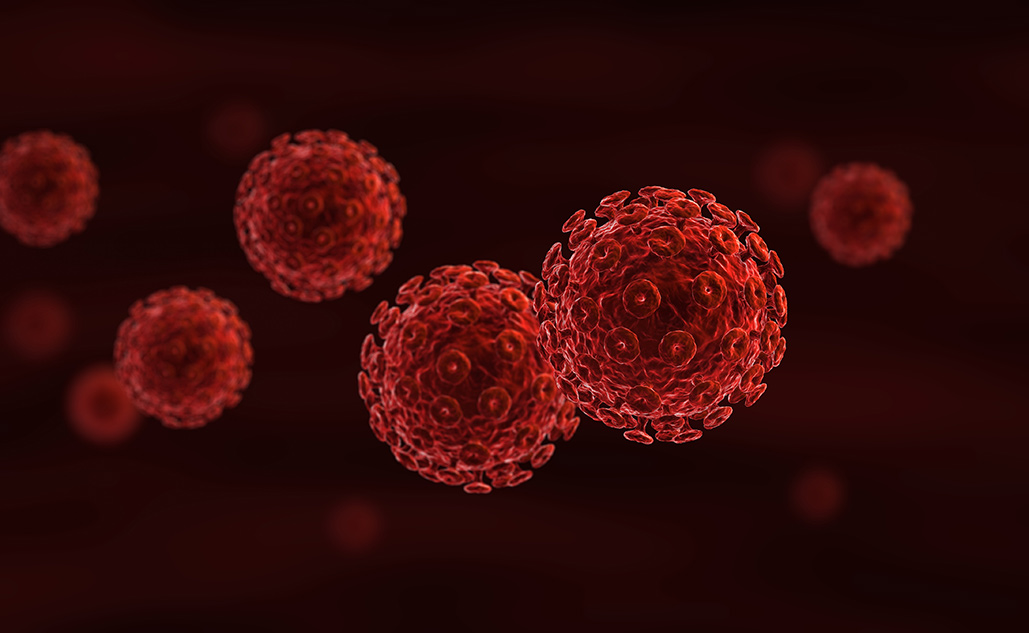How Does Someone Get or Transmit HIV?
You can only get HIV by coming into direct contact with certain body fluids from a person with HIV who has a detectable viral load. These fluids are:
- Blood
- Semen (cum) and pre-seminal fluid (pre-cum)
- Rectal fluids
- Vaginal fluids
- Breast milk
For transmission to occur, the HIV in these fluids must get into the bloodstream of an HIV-negative person through a mucous membrane (found in the rectum, vagina, mouth, or tip of the penis), through open cuts or sores, or by direct injection (from a needle or syringe).
People with HIV who take HIV medicine as prescribed and get and keep an undetectable viral load can live long and healthy lives and will not transmit HIV to their HIV-negative partners through sex.
How Is HIV Spread from Person to Person?
HIV can only be spread through specific activities. In the United States, the most common ways are:
- Having vaginal or anal sex with someone who has HIV without using a condom the right way every time and without taking medicines to prevent HIV transmission. Anal sex is riskier than vaginal sex for HIV transmission.
- Sharing injection drug equipment, such as needles, syringes, or other drug injection equipment (“works”) with someone who has HIV because these items may have blood in them, and blood can carry HIV. People who inject hormones, silicone, or steroids can also get or transmit HIV by sharing needles, syringes, or other injection equipment.
Less common ways are:
- An HIV-positive person transmitting HIV to their baby during pregnancy, birth, or breastfeeding. However, the use of HIV medicines and other strategies have helped lower the risk of perinatal transmission of HIV to less than 1% in the United States.
- Being exposed to HIV through a needlestick or sharps injury. This is a risk mainly for health care workers. The risk is very low.
How is HIV Not Spread?
HIV is not spread by:
- Shaking hands, hugging, sharing toilets, sharing dishes, silverware, or drinking glasses; or engaging in closed-mouth or “social” kissing with a person with HIV
- Air or water
- Mosquitoes, ticks, or other insects
- Saliva, tears, sweat, feces, or urine that is not mixed with the blood of a person with HIV
- Drinking fountains
- Other sexual activities that don’t involve the exchange of body fluids (for example, touching).
- Donating blood
HIV can’t be passed through healthy, unbroken skin.
How Do You Get AIDS?
You can’t “catch” AIDS, which stands for acquired immunodeficiency syndrome.
AIDS is the most advanced stage of HIV infection. If a person has HIV and is not on HIV treatment, the virus will weaken the body’s immune system and the person will progress to AIDS.
People with AIDS have such badly damaged immune systems that they get a number of severe illnesses, called opportunistic infections.
However, thanks to today’s effective HIV treatment, most people with HIV in the U.S. do not have AIDS. People with HIV who take HIV medicine as prescribed and get and keep an undetectable viral load can stay healthy and will not progress to AIDS.
Does HIV Viral Load Affect Getting or Transmitting HIV?
Yes. Viral load is the amount of HIV in the blood of someone who has HIV. If taken as prescribed, HIV medicine (called antiretroviral therapy or ART) can reduce a person’s HIV viral load to a very low level, which keeps the immune system working and prevents illness. This is called viral suppression, defined as having less than 200 copies of HIV per milliliter of blood.
HIV medicine can also make the viral load so low that a standard lab test can’t detect it. This is called having an undetectable viral load. Almost everyone who takes HIV medicine as prescribed can achieve an undetectable viral load, usually within 6 months after starting treatment.
As noted above, people with HIV who take HIV medicine as prescribed and get and keep an undetectable viral load can live long and healthy lives and will not transmit HIV to their HIV-negative partners through sex.
HIV medicine is a powerful tool for preventing sexual transmission of HIV. But it works only if the HIV-positive partner gets and keeps an undetectable viral load. Not everyone taking HIV medicine has an undetectable viral load. To stay undetectable, people with HIV must take HIV medicine as prescribed and visit their health care provider regularly to get a viral load test.
This article was adapted from HIV.gov, a program of the U.S. Department of Health & Human Services.
